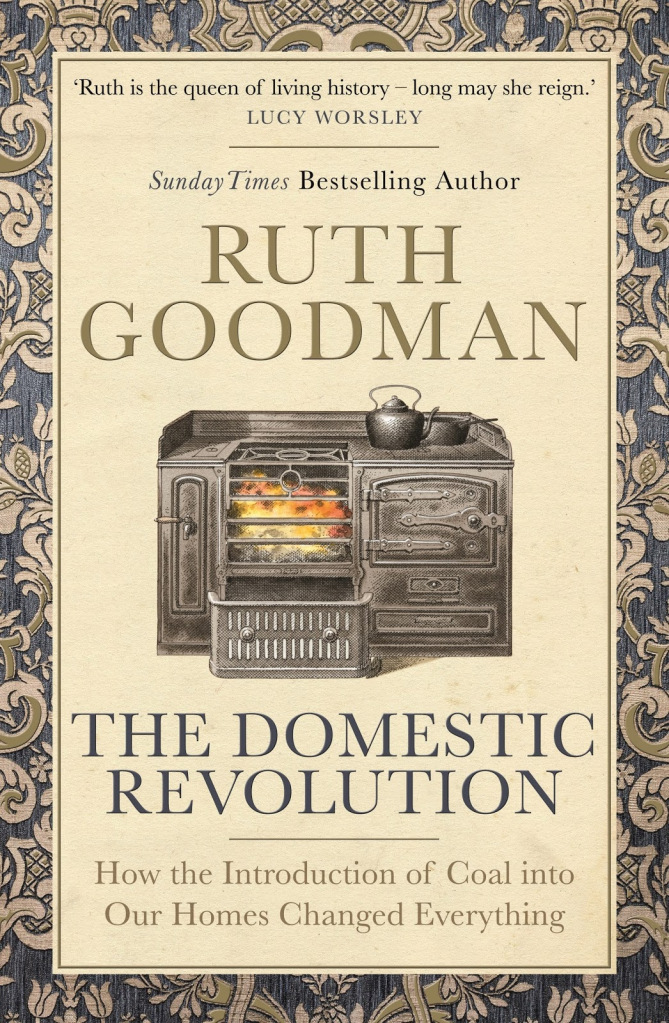
Today’s post is by author and book coach Susanne Dunlap.
There are many ways to create forward momentum in a story: layering in unanswered questions that create suspense, for instance. Or building a solid cause/effect trajectory from scene to scene, and having your protagonists move inexorably forward on their character arcs via action>reaction>decision>consequence.
But there’s another craft element that amps up that momentum not by pushing the story along its established arc more quickly, but by frustrating that progress in a way that acts like the sudden shift into reverse of a speeding car.
That craft element is complication.
Complications are plot points on steroids.
They can occur at different moments in the narrative, but when they are introduced, the result is to throw the progress of the story into momentary chaos. A good complication could completely change the direction of the action, or force protagonists to make dire decisions, or throw the most extreme obstacle in the way of your protagonist’s journey towards getting what they want.
An example: A Gentleman in Moscow by Amor Towles
In Amor Towles’s masterful novel (now adapted to a wonderful TV series starring Ewan MacGregor), old regime Russian Count Rostov is sentenced to permanent house arrest in the Hotel Metropole, being forced to move out of his luxury suite into a single cramped attic room. From the very start, we’re intrigued.
The situation also creates a constant undercurrent of threat and suspense because Rostov stands so obviously in opposition to the evolving communist society. All along, things happen that create difficulties and nudge the plot forward: meeting the precocious little girl Nina; the affair with elegant actress, Anna; coaching the party official, Osip, on Western manners; encountering his boyhood friend.
But the complication, the thing that upsets everything else, is when the adult Nina brings her daughter Sophia to Rostov and asks him to look after her while she goes to Siberia in search of her imprisoned husband. This occurs as Rostov has settled into an altered—but not unpleasant—life as the head waiter in the swanky hotel restaurant, and carved out for himself a somewhat luxurious hideaway in the attics, furnished with items recovered from the hotel storeroom.
We have been lulled into a sense that perhaps he is heading toward a time when he will be released from his house arrest, because he has become useful to the regime in a way.
And then BANG!
How did this complicating plot point manage to come as a shock—and still feel inevitable? How do we accept that a middle-aged, bachelor Russian count living in restricted quarters will be willing to and capable of looking after an 8-year-old girl? We were prepared for it.
1. Rostov’s friendship with Nina as a little girl. Although she wasn’t his responsibility, his sense of play, his openness and caring for a lonely child, showed that he had the temperament and capacity for love.
2. Nina’s activism and naivete. We can’t help sensing that something is imminent that will destroy her belief in the new system, subject her to arbitrary justice. It’s also clear that Rostov’s affection for her never wavers, but in his worldly wise way, he worries for her future.
3. Rostov’s connections with and affection for the underlings at the hotel. His uncomplaining acceptance of a position that’s so far beneath what he enjoyed before the revolution, his kindness and consideration of the hotel staff—including those who have married and had children during the time of his tenure there—means that he has a support network in place to help him through this shocking development.
4. The secret enlargement of his living quarters to encompass two rooms. Although one of them remains the shared bedroom, the fact that long before Sophia’s arrival he effectively carved out space in his life is a subtle but significant breadcrumb.
Did Towles think of this point as a complication when he wrote the manuscript? Probably not. But those of us who are struggling with a story and can’t figure out why it falls flat, or grinds to a halt in the middle, can learn by analyzing great novels and deriving lessons to apply to our own writing, whether or not the author was conscious of how his work came about.
Complications and The Hero’s Journey—or Save the Cat
Advocates of these and other storytelling formulas will recognize the principle of complication as possibly corresponding to certain beats. The “all is lost” moment, for instance. But complications aren’t necessarily tied to a specific place in your narrative. They don’t even absolutely have to be entirely negative. They can be introduced strategically to light a firecracker under what’s starting to feel like predictable action at any point in your three-act structure—if that’s what you’re using.
In other words, a complication needn’t be the beat itself, but it can be the way you rise to the occasion of that beat.
Complications can be used effectively in all genres
Thrillers thrive on complication. Tortured family dramas or anything with an element of soap opera are fertile ground as well for added complications. But there’s a caveat: Too many complications, too many big reversals, can buffet a reader around until they become numb to them. Which ultimately defeats the object of the device and turns drama into melodrama.
Another example: Venetia by Georgette Heyer
Even a tame, sweet historical romance can benefit from strategically placed complications. Here’s how Heyer uses one to superb effect in one of her finest Regency romances:
Gently bred but independent-minded Venetia has been managing her brother’s estate, because their parents are dead and he is away fighting in the Napoleonic wars. Waterloo is over, and the brother, Sir Conway, could in theory come home—but doesn’t. Plus, we learn at the outset that he’s aggravatingly uncommunicative about his plans, having never been much of a letter writer.
Circumstances and information lead the reader to expect this event to occur and create some complication in Venetia’s and her younger brother’s lives. But this is a romance, and Venetia finds herself falling in love with the rake next door, a highly unsuitable connection—even though their temperaments, senses of humor, and intellect are perfectly matched. We suspect that when the brother appears, he won’t like it.
A little less than halfway through the book, Venetia arrives home having been in town running errands to see a traveling coach being unloaded at the front door. We as readers think, “Ah! It’s Conway come home! I wonder what will happen?”
But … it’s not Conway. It’s his pregnant wife (who nobody knew existed, because we’ve already been told he avoids writing letters at all costs) and her horrible, domineering mother. This lady starts upsetting everyone in the household and sending Venetia running to the rake in a way that sends danger signals to her conservative neighbors. This complication jolts the action into another direction and sets the rest of the drama on its ears.
Brilliant, honestly. Incidentally, Conway never steps onto the page. But his unwillingness to communicate about a difficult situation (the MIL was basically kicked out of headquarters) makes it entirely believable that he would send his wife and MIL home without warning.
Consider complicating your story.
Even if you have a well-thought-out outline (if that’s what works for you) and your plot is moving along nicely, see if there are places where pushing something a little further or introducing something unexpected could jolt the action forward or sideways, surprise your reader a little, and nudge it all to the next level. And then, go back and make sure it doesn’t come out of nowhere.
Aside from being something that could improve your story, it’s really, really fun to stir things up for your protagonist in that way!

Susanne Dunlap is the award-winning author of over a dozen historical novels, as well as an Author Accelerator Certified Book Coach in both fiction and nonfiction. Her love of history began in academia with a PhD in music history from Yale. Today, she lives, coaches, and writes in beautiful Biddeford, Maine.





